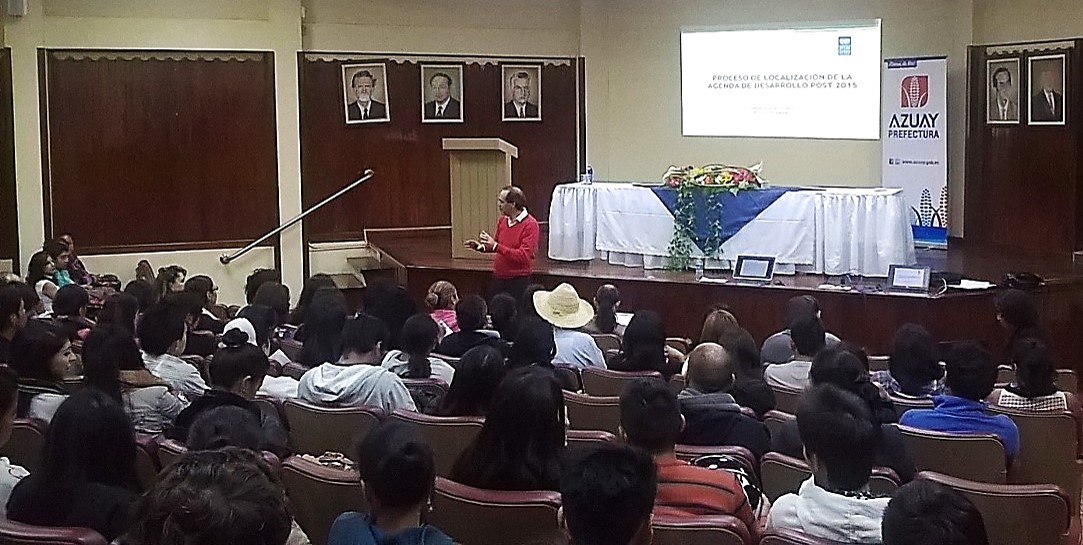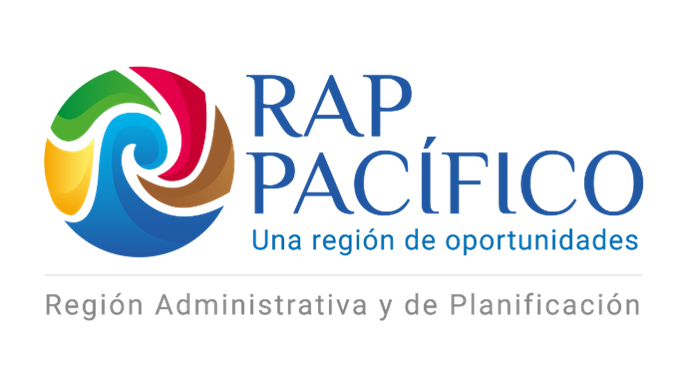The Azuay Prefecture discusses its territorial policy

In collaboration with the University of Cuenca, the regional network for sustainability nrg4SD and the United Nations Development Program (UNDP) in Ecuador, Azuay (Ecuador) hosted on the 8th and 9th April 2015 a seminar workshop “Construyendo territorios autónomos y sostenibles, realidades, posibilidades y retos” (Building sustainable autonomous territories, realities, possibilities and challenges). The workshop was meant to motivate the Azuay’s communities so that, from different perspectives, they can contribute to the creation of a territorial democratic political system where different stakeholders can discuss how to concretise this type of territories.
The initiative was fostered by the Azuay Prefecture who, within a framework of radical democracy, considers essential the political and social will of a variety of sectors -academic, social actors, development entities, etc. – to help provide feedback to the provincial government system. Thus enabling people’s empowerment in their territory to promote co-responsibility, gain autonomy in the control over decisions before their government’s destiny and the responsible use of resources. All of that within the framework of a political program that emphasises the actions in the rural area, where strategic actions are performed to sustain life through the protection of public assets like water sources, forests, food sovereignty, etc.
The seminar drew from five questions that sought to encourage the debate: What is the relationship between autonomy, diversity and territory? What common assets should we protect to guarantee the territories sustainability? Is it possible to have a model of Solidarity Economy that allow the territories sustainability? How can we promote social management to provide sustainable momentum for the autonomous territories? How can we allow for co-responsibility, as a community, to achieve sustainability in our territories?
To conduct the debate, national and international experts, scholars and social leaders of rural developments were contacted. The methodology applied was participatory, alternating between theoretical inputs with real experiences of social organisations related to the themes dealt with.
Through working tables, participants developed proposals to enable progress towards decentralised autonomous territories. At the moment, this proposals are systematised and the following step is to turn this inputs into indicators for the Azuay’s government planning. These inputs remain at the disposal of other subnational governments with the objective of helping them add knowledge to their actions.







































































